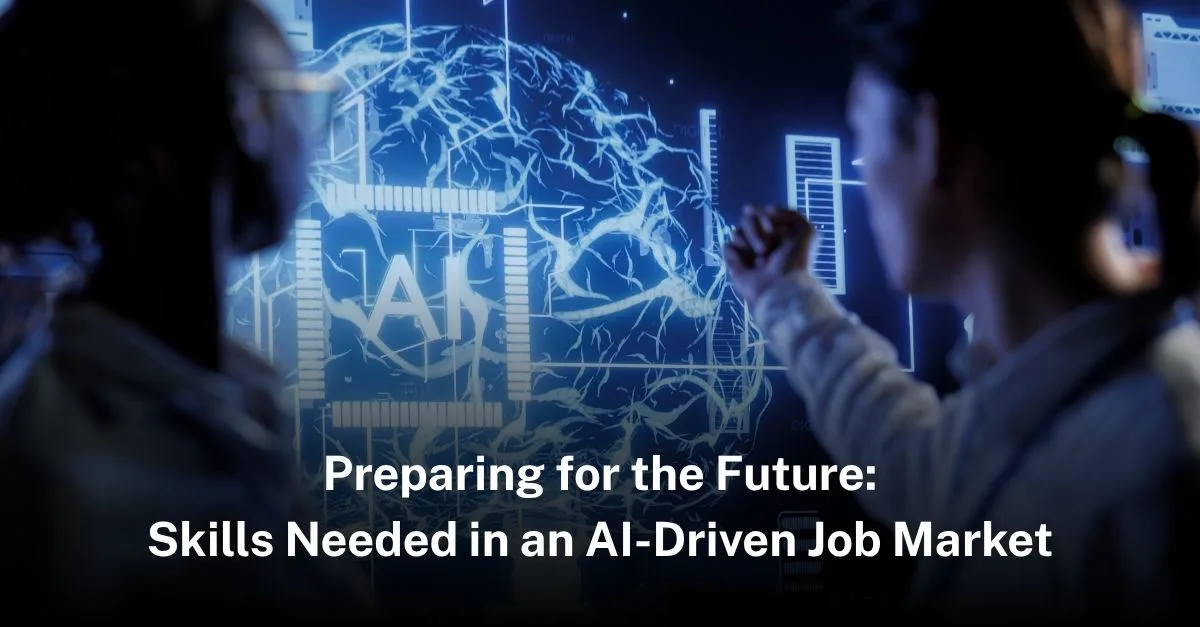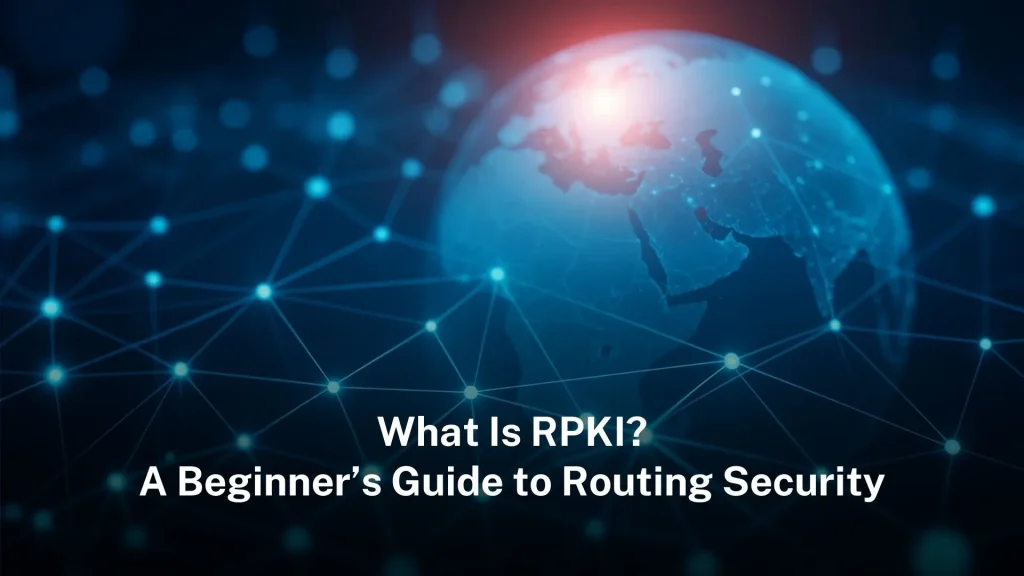Artificial Intelligence (AI) is rapidly transforming industries, automating routine tasks, and reshaping job roles across various sectors. As AI becomes more integrated into daily workflows, professionals must develop new skills to stay competitive and relevant in the evolving job market. While AI may replace some traditional roles, it also creates new opportunities that require a mix of technical, analytical, and soft skills. Here are the essential skills needed to succeed in an AI-driven job market.
1. Technical Proficiency
As AI continues to expand, technical skills are becoming increasingly valuable. Understanding AI tools, data analytics, and programming languages will help professionals stay ahead. Key areas of expertise include:
- Programming and Coding: Languages like Python, Java, and SQL are essential for working with AI-based applications.
- Machine Learning and Data Science: Knowledge of AI models, big data processing, and analytics tools enables professionals to interpret AI-generated insights.
- Cloud Computing and AI Platforms: Familiarity with platforms like AWS, Google Cloud, and AI frameworks such as TensorFlow is highly advantageous.
2. Critical Thinking and Problem-Solving
AI can process and analyze large volumes of data, but human reasoning remains critical. Employers value professionals who can assess complex problems, recognize patterns, and devise creative solutions that AI alone cannot generate. Strong problem-solving abilities will differentiate candidates in an increasingly automated workforce.
3. Adaptability and Continuous Learning
AI technologies are evolving at a rapid pace, making adaptability and a commitment to lifelong learning essential. Professionals should stay updated on the latest AI advancements, industry trends, and skill requirements through online courses, certifications, and workshops. The ability to quickly acquire new knowledge and adapt to technological changes is key to career resilience.
4. Cross-Disciplinary Collaboration
AI is not limited to the tech industry—it is widely used in healthcare, finance, education, marketing, and more. Working alongside AI means collaborating with professionals from different fields to develop and implement AI-driven solutions. Employees who can communicate effectively and work across various disciplines will be highly valuable in AI-integrated workplaces.
5. Ethical AI and Responsible Use
With AI’s growing influence, ethical considerations around bias, data privacy, and accountability are becoming increasingly important. Professionals need to understand AI ethics, legal regulations, and responsible AI deployment to ensure fair and unbiased AI applications. Companies are looking for employees who can navigate these ethical challenges and contribute to responsible AI development.
6. Emotional Intelligence and Human-Centric Skills
While AI can automate many processes, human-centric skills like leadership, emotional intelligence, and communication remain essential. Employers seek professionals who can manage teams, resolve conflicts, and create positive workplace environments. Strong interpersonal skills will continue to play a crucial role, as AI cannot replicate human empathy and social intelligence.
Conclusion
The future job market will be shaped by AI, but success will not solely depend on technical knowledge. A combination of technical proficiency, problem-solving, adaptability, ethical awareness, and interpersonal skills will define the most sought-after professionals. By embracing continuous learning and acquiring these essential skills, individuals can confidently navigate the AI-driven workplace and secure their place in the evolving job landscape.










Leave a Reply